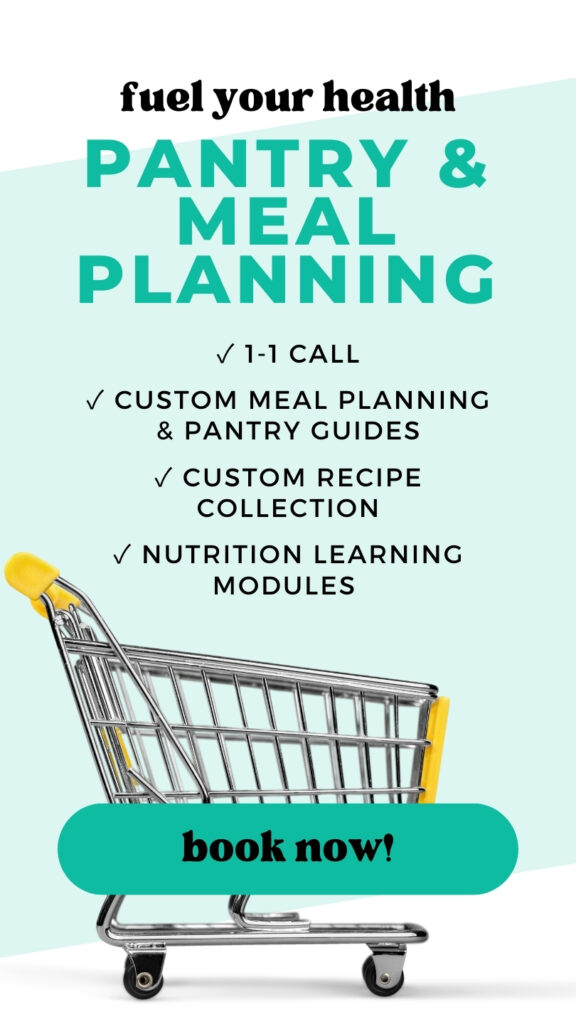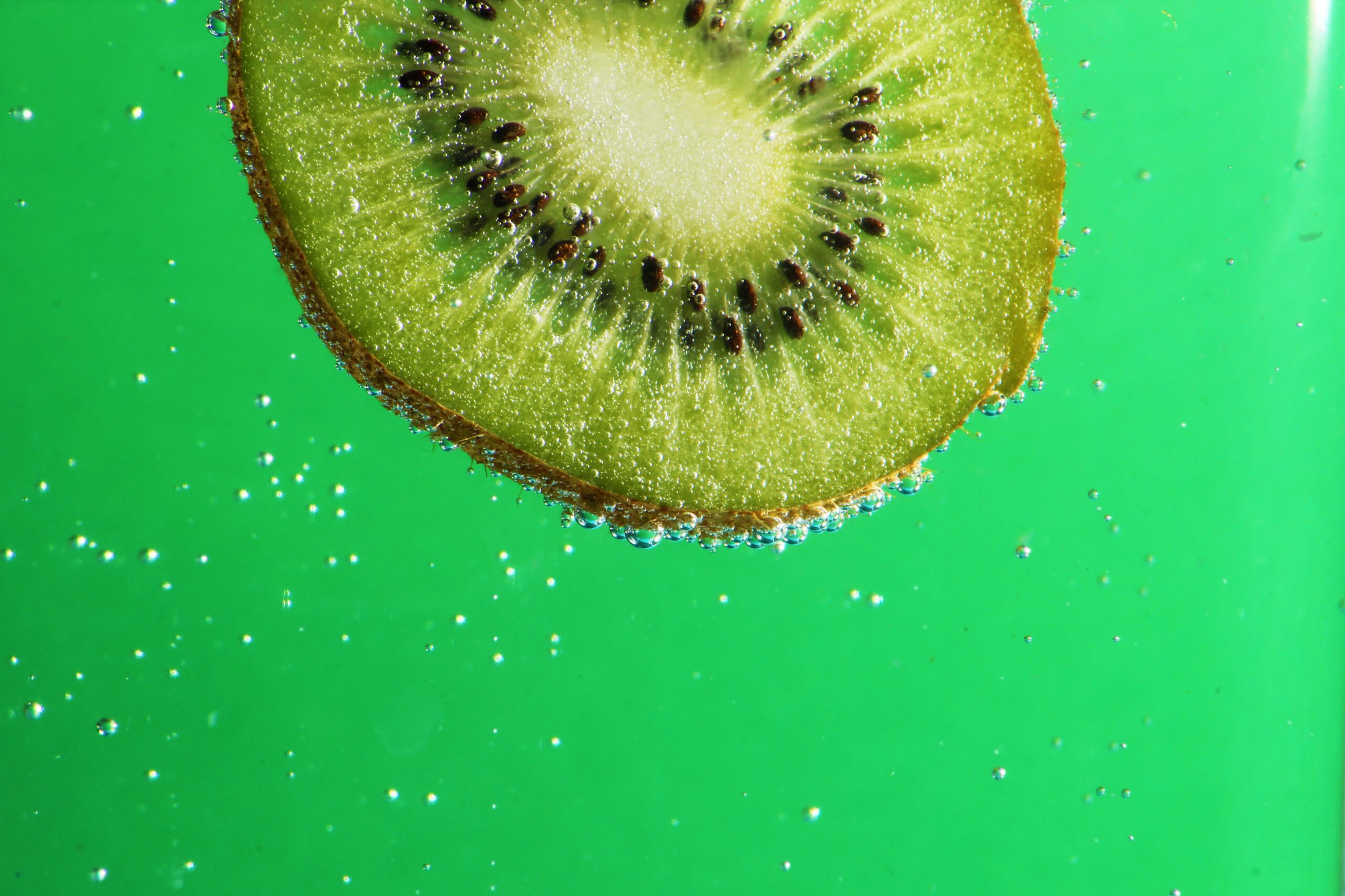Protein For Hair Growth
When some people think of protein for hair growth, what may come to mind are topical products such as shampoos or conditioners containing the protein keratin. But, as a nutritionist I know that it’s essential to eat protein for hair growth in order to fuel healthy hair from the inside-out.
Why Protein For Hair Growth Is Necessary
Protein for hair growth is essential. For one, each strand of our hair is made up of a protein called keratin and the raw materials for hair literally come from the protein-rich foods we intake. Without adequate intake of protein through our diet (or if protein digestion or absorption are not optimal) our hair health will suffer. Protein is an essential nutrient and it provides the actual building blocks for each strand of hair.
The second reason that I emphasize protein for hair growth is because I want to make sure that my clients aren’t under-eating and depriving their body of nutrients that it needs to thrive (not just survive). As essential as it is to have protein for hair growth, the growth and maintenance of hair is not considered one of our body’s most essential functions. When faced with the choice, our body will prioritize keeping us alive versus keeping our hair.
If we aren’t providing our body with the fuel that it needs to function properly by getting optimal nutrition, we may be forcing it to choose between what it sees as its more essential tasks (e.g., brain function) versus ones that it sees as more peripheral (e.g., maintaining hair growth).
How Much Protein For Hair Growth Should I Eat?
Nutrition needs vary significantly person to person and it’s best to work with a licensed nutritionist to determine what diet is most suitable for you. For most individuals that I work with, I encourage them to optimize their nutrition by avoiding skipping meals and including nourishing foods that they actually enjoy eating.
To give you an idea of how much protein I’ve recommended some people consume, a diet where protein makes up 30% of daily calories is considered to be moderate. For someone eating 2,000 calories per day this would be roughly 150 grams of protein per day.
Note: Although I don’t rely on regulating calorie intake in my nutrition practice, sometimes I still find them to be a useful communication tool or as a way to estimate intake in a general sense.
Read: Why We’ve Embraced Health At Every Size

Why Some People Struggle Eating Protein For Hair Growth
When I work with clients as their nutritionist I often see people who struggle to properly fuel their health and healthy hair growth. If someone is under eating generally, there is also a good chance that they are not eating the appropriate amount of protein for hair growth. So, supporting my clients to eat more consistently is usually one of the first things we start working on together.
The most effective way that I have found to help people eat more consistently (and reach their daily protein intake goals) is to better understand why they have struggled with low intake in the past.
Some of the top reasons that I have seen clients struggle to eat enough protein for hair growth are:
- They have low appetite
- They follow a restrictive diet (either calorie restrictive, or a lot of “off-limit” foods)
- They’ve heard that eating protein is bad
- They have specific health issues that limit how much protein they’re able to eat
- They don’t understand the consequences of under eating
- They experience gut issues when they eat high-protein foods
Digging deeper into each of these and helping clients to resolve the source of their low protein intake is where I have found the most success in helping clients achieve their goals and maintain health-promoting habits long term. For example, someone who experiences gut issues (gas, bloating, stomachache, constipation, etc.) after eating high-protein foods like meat may need intensive support around gut health before they’re able to consistently eat enough protein for hair growth.
What Types of Protein for Hair Growth Should I Eat?
Eating consistently (i.e., not skipping meals), eating foods that we enjoy, and getting variety in our diet are three important aspects of eating protein for hair growth. If those three principals are in place for someone, they’re likely doing pretty well in terms of nutrition.
Protein is made up of building blocks called amino acids and different amino acids play different roles in the body (e.g., hormone and neurotransmitter synthesis, to collagen and healthy hair growth). There are three different categories of amino acids: essential, non-essential, and conditionally essential. Essential amino acids mean that we need to obtain them through the foods that we eat. Non-essential amino acids are ones that our body can produce using other amino acids and certain nutrients. Conditionally essential amino acids can be produced within the body using essential amino acids and certain nutrients.
Read: Plant-Based Diets and Hair Health
Essential amino acids
- Histidine
- Isoleucine
- Leucine
- Lysine
- Methionine
- Phenylalanine
- Threonine
- Tryptophan
- Valine
Non-essential amino acids
- Alanine
- Asparagine
- Aspartic acid
- Cysteine
- Glutamic acid
- Proline
Conditionally essential amino acids
- Arginine
- Glutamine
- Glycine
- Taurine
The amino acids that are thought of as protein for hair growth are cysteine and lysine. Cysteine is an important component of keratin, the protein that makes up a strand of hair. Lysine is an amino acid that is important for hair shape and volume.
Foods that are high in cysteine:
- Pork, lean chops
- Beef, skirt steak
- Chicken, lean breast
- Tuna
- Lentils
Foods that are high in lysine:
- Beef, skirt steak
- Chicken, lean breast
- Pork, lean chops
- Tuna
- King crab
Read: High-Protein Breakfasts for Hair Health (Plus 8 Easy Recipes)
Please note that even though these are examples of specific proteins that are especially relevant to hair growth, as a nutritionist I feel that it’s best to focus on eating enough overall and including adequate and varied proteins in our daily diet.
Health begins on the inside and how we fuel our body can have a huge impact on how we feel.
Even though many of us understand the fundamentals of good nutrition, it can still be hard to eat well consistently.
Fuel Your Health Pantry & Meal Planning will help you to learn balanced and sustainable nutrition habits to keep you (and your family) satisfied and nourished.
Together we will review your current habits and dietary preferences. From there I’ll create your custom pantry & meal planning guides and custom recipe collection. I’ll send you a short video walking you through how best to use these resources to create sustainable nutrition habits. You’ll also have access to my Fuel Your Health learning modules where you can brush up on your nutrition acumen and gain confidence in your food choices.
What’s included:
- Nutrition support form (helps me learn more about what you’re looking for)
- 25-minute one-on-one call (we can get clear on the type of support you need)
- Access to the Fuel Your Health learning modules (increase your confidence & nutrition acumen)
- New recipes to refresh your routine (7 each breakfast, lunch, dinner, snacks)
- Custom meal planning guide
- Custom pantry planning guide
- Loom review of your custom resources with tips to get the most out of them
Click here to purchase Fuel Your Health Pantry & Meal Planning
FDA Disclaimer: This information has not been evaluated by the Food & Drug Administration or any other medical body. I do not aim to diagnose, treat, cure or prevent any illness or disease. Information is shared for educational purposes only. You must consult your doctor before acting on any content in this document, especially if you are pregnant, nursing, taking medication, or have a medical condition.





